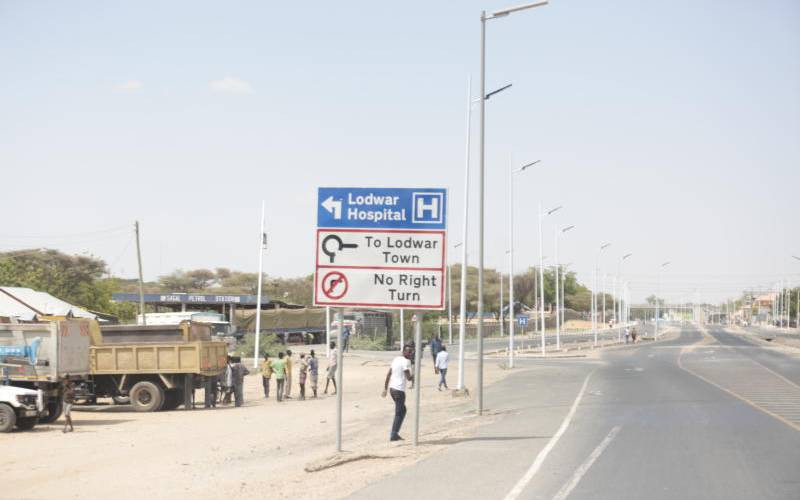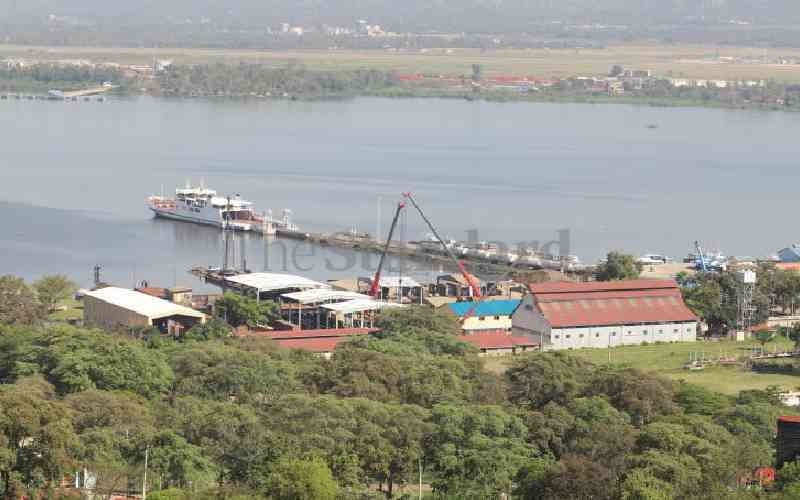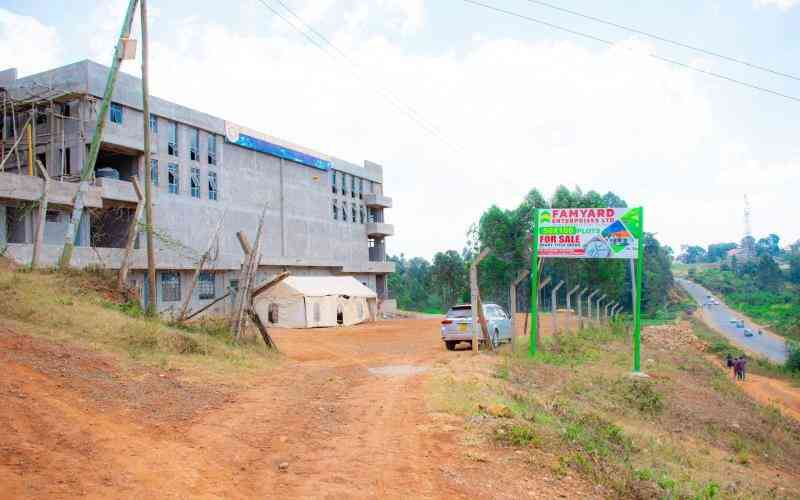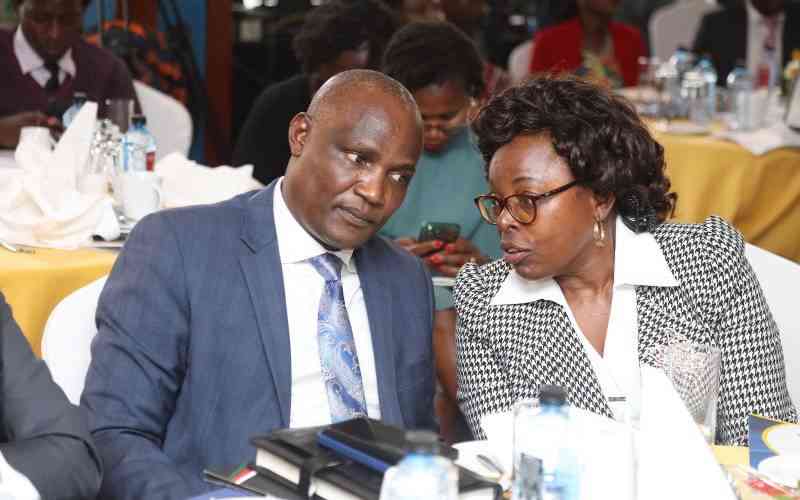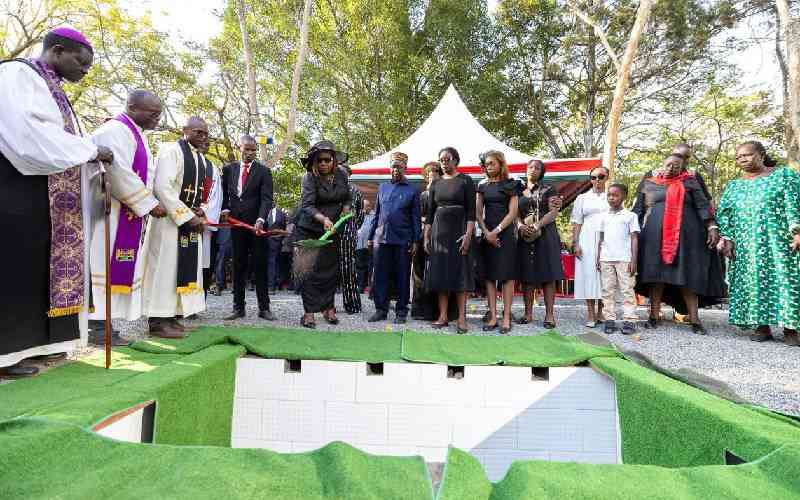
Today, Raila Odinga is a cherished memory. The man who sauntered across Kenya’s mercurial political landscape with trademark sneers gave up the ghost last week. To both friend and foe, his demise came as a shock and was unbelievable. Raila had grown in stature so much that he was the closest thing to being a deity.
His death, however, debunked this subconscious assumption. He was human, born to die. The Olua tree, Luo name for Milicia excelsa, which the Igbo of Nigeria call the Iroko, had fallen. This tree symbolises strength and resilience, attributes that Raila had in abundance.
But while some people deified Raila and benefitted from being the ‘angels’ in his kingdom, to others, he was a boogeyman. The evil spirit that feckless political wannabes invoked to frighten voters in certain regions into electing them to public offices. The tragedy of the boogeyman narrative is that it entrenched not just mistrust, but facilitated tribal hegemony and biased distribution of the national cake. It wasn't until last year when Raila reconciled with President William Ruto that the region started enjoying its fair share of the national cake.
Raila towers head and shoulders above other Luo greats, including his father Jaramogi Oginga, Tom Mboya, Argwings Kodhek and Robert Ouko. He charted a unique path in the turbulent seas of Kenyan politics and stayed the course to the end. Not once, not twice, he encountered extremely rough seas, but stoically weathered the storm.
He was the true embodiment of a nationalist, patriot, and freedom fighter. He is one of the very few Kenyan leaders who, though jealously ‘owned’ by their ethnic groups, never lost sight of the bigger picture. He believed in the preservation of our cultures, but his last wish proves he was not enslaved by the exploitative type.
It is unAfrican to wish one death, but once it comes knocking, the living revel in cultural rites usually performed in honour of the departed. After overcoming the shock of Raila’s death, his kindred expected that their cultural funeral rites, which ordinarily last for days on end, would follow. These include grave digging, ‘Tero Yuok’ and ‘Tero Buru’ rituals.
Tero Yuok, performed by women and the bereaved, entails wailing and ululation to pass the message that a family had lost one of their own. Tero Buru, more elaborate, is conducted by the elders and entails leading a bull around the deceased’s homestead while chanting and making intonations to the spirits.
Raila’s wish to be buried within 72 hours threw the spanner in the works of Luo traditionalists. It is a measure of Raila’s cunning that his daughter, Winnie, managed a smile when she said “I laughed at his 72-hour burial wish. Dad, I can see you laughing at all of us, knowing that your wish will be done”.
The Luo culture custodians were disappointed. An attempt to contest Raila's will in court was defeated. The successful fulfillment of Raila’s directive, therefore, should become the standard for Luo traditionalists to eschew a culture that is capital intensive. Too much money is spent on feasting which, naturally, is accompanied by wilful destruction.
When mourners get free run of a homestead, a lot happens. Not all come to mourn. Some attend to satisfy their curiosities, while others attend to see what they can help themselves to, especially in homes they would ordinarily not have access to.
Much the same way that some communities gradually move away from once accepted but harmful cultural rites, like female genital mutilation, the Luo have no business with exploitative funeral rights. In this, however, the Luos are not alone. Their Luhya neighbours should also abandon some of their equally extractive burial rites.
By the time a funeral is over among the Luo and Luhya, most of what is not nailed to the ground will have disappeared; cups, spoons, plates, tools, clothing, food, chairs, chicken, bedding. Funerals open up and render homes vulnerable. We can make them less invasive by dropping some of the harmful cultures that, at the end of the day, leave bereaved families worse for wear.
